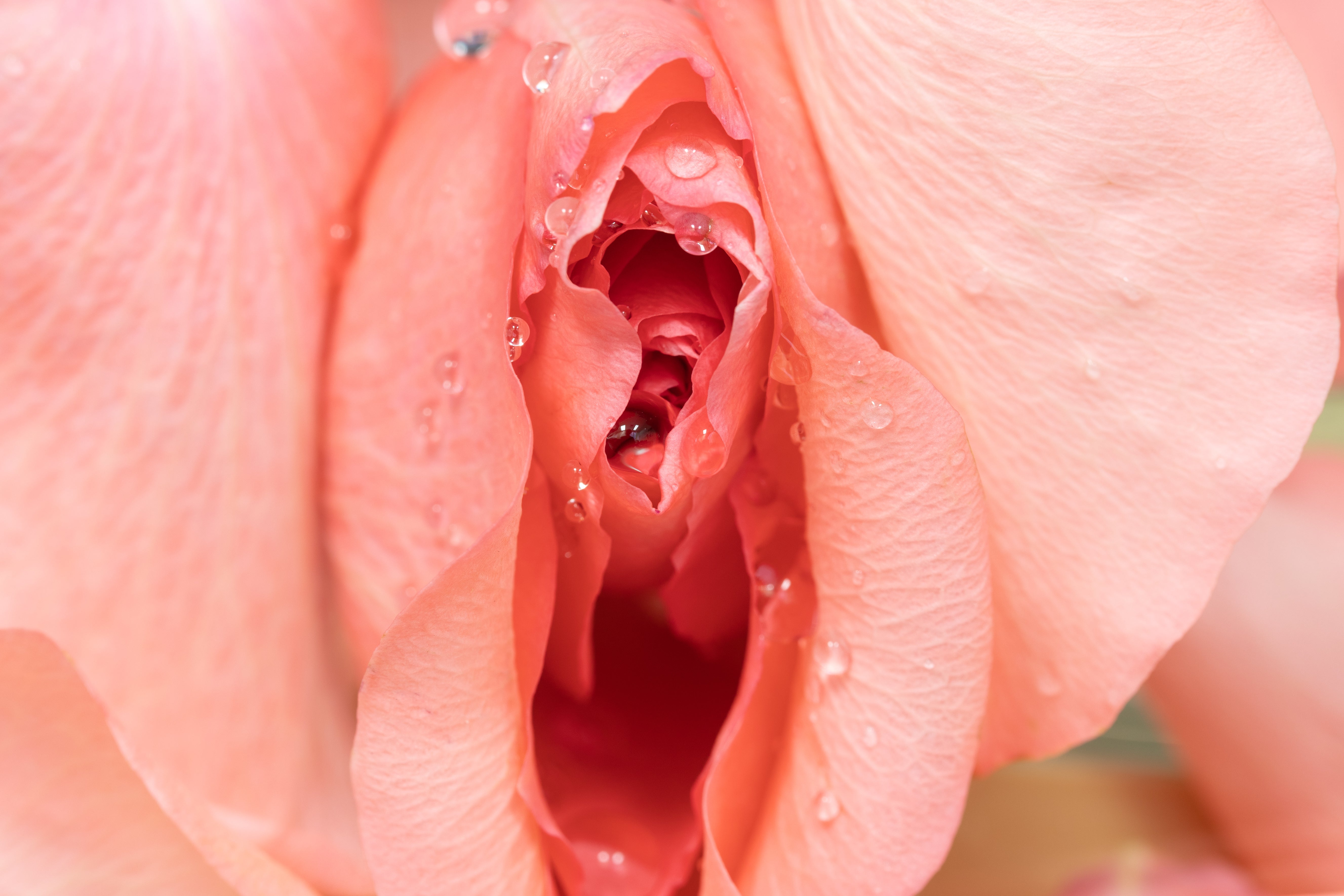Vagina
The vagina, also called the vagina, is an amazing and complex part of the female reproductive system. The vagina extends from the cervix to the so-called vulva, which is the outer part of the female genitalia. The vagina is folded and very elastic. which makes it possible to give birth, as well as to have sexual intercourse. It is also self-cleaning. A natural presence of lactic acid bacteria and regular discharge creates a healthy environment in the vagina, with a balanced pH value that counteracts infections.
During childbearing age
During childbearing age, we can experience problems such as disruption of the natural pH value in the vagina, which can lead to itching, irritation, foul-smelling discharge and fungal infections.
Sexually transmitted infections can also affect vaginal health. Using protection during sexual intercourse reduces the risk of infections and diseases.
During menopause
During menopause, the body undergoes significant hormonal changes that affect the vagina. Estrogen levels decrease, which often leads to vaginal dryness, reduced elasticity and thinner vaginal tissue.
These changes can make sexual intercourse painful and increase the risk of urinary tract infections. Many women also experience other symptoms such as hot flashes and disturbed sleep, which can affect general well-being.
After menopause
After menopause, many of the changes that began during menopause continue. Some complaints, such as hot flashes, may decrease, while vaginal dryness and fragile mucous membranes may persist or even worsen.
Hygiene
In order to maintain good vaginal health, it is important to take care of your intimate hygiene in the right way. Wash the vulva daily with lukewarm water and use mild, unscented soap if necessary. Avoid cleaning the vagina itself as it can disturb the natural bacterial flora.
Diet and lifestyle
A healthy diet rich in fibre, vitamins and antioxidants supports our general health and therefore also vaginal health. Include probiotic foods such as yogurt to promote a healthy microflora. It is also important to stay hydrated by drinking enough water.
Hormonal changes: PMS and menopause
Hormonal fluctuations can affect vaginal health. During PMS (premenstrual syndrome), some may experience increased sensitivity or irritation in the vagina. During menopause, the body's estrogen production decreases, which can lead to vaginal dryness and other discomforts. For these conditions, dietary supplements can be a first option to support the body in a natural way. For some, hormone replacement or other treatments may be needed in consultation with a doctor.
Dietary supplements for a healthy vagina
Dietary supplements are another way to support the vagina and our general well-being. There are many natural substances and extracts that can, for example, help to:
- Balance the microflora and the natural pH value in the vagina
- Support hormonal balance during PMS and during menopause
- Reduce discomfort with dry mucous membranes
- Contribute to healthy urinary tract
The vagina is not only a bodily function but also a source of female pleasure and vitality throughout life. By supporting vaginal health, we women can feel more comfortable with our bodies and increase our well-being. With a happy vagina, it's simply easier to feel good!ci
Vagina - Frequently asked questions and answers
Yes, discharge is completely normal. Discharge varies in consistency and color depending on where in the menstrual cycle a woman is. They help keep your vagina, or vagina, clean and protect it from infection.
The vagina itself is self-cleaning and should not be cleaned because it can disturb the natural bacterial flora. You can clean the vulva, the outer area next to the vaginal opening, with warm water and possibly a mild, unscented soap.
Discomfort or pain in the vagina can be due to several causes, including infections (such as fungal or bacterial vaginosis), irritation from products (such as soap or shower gel), hormonal changes, or medical conditions such as endometriosis or vestibulitis.
Seek help from a healthcare provider if you experience a lot of pain or discomfort. No one should have to suffer from vaginal discomfort when there is help to be had.
Dry mucous membranes are a condition where there is insufficient natural lubrication in the vagina, which can cause discomfort or pain, especially during intercourse.
Dry mucous membranes can be caused by hormonal changes, certain medications or medical conditions. To be able to reduce the discomfort, you can use dietary supplements with sea buckthorn oil, which you can find among our women's products. The pharmacy also has water-based gels and other products you can apply topically. It is also good to discuss the problem with a health care provider for additional treatment options.





